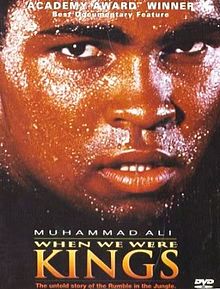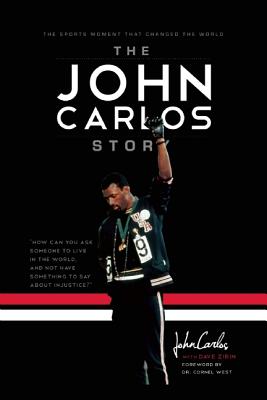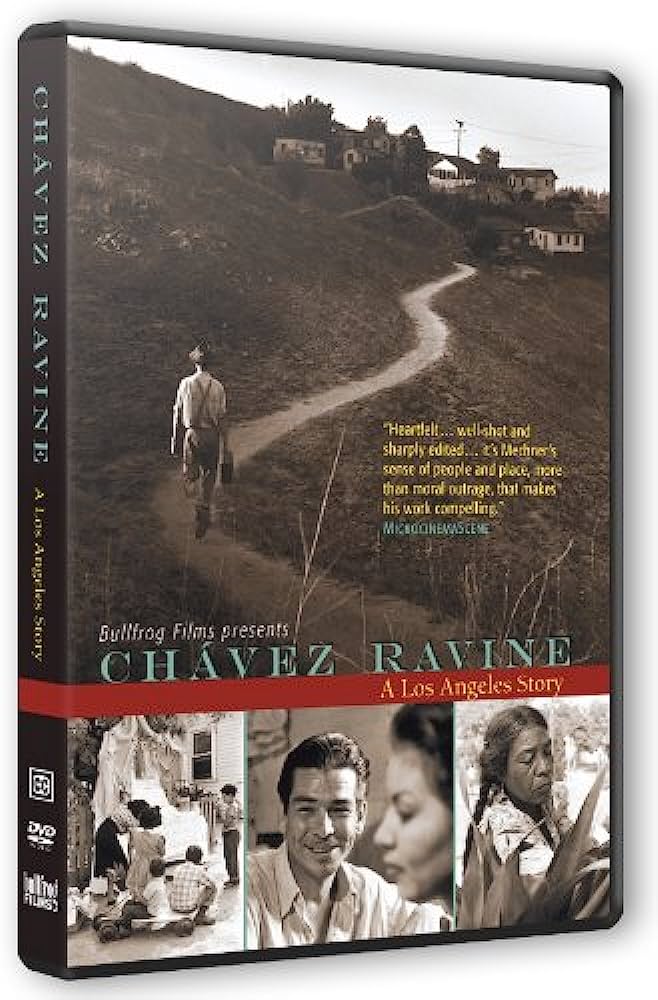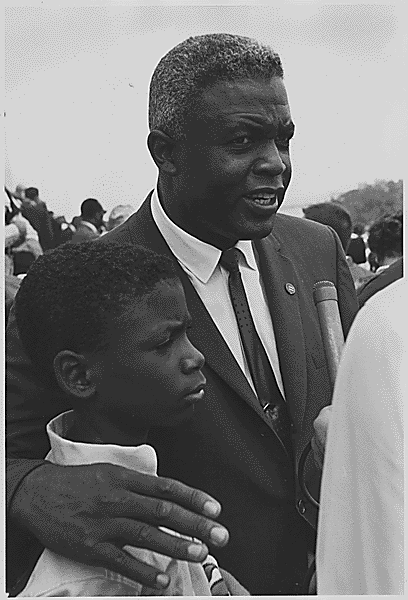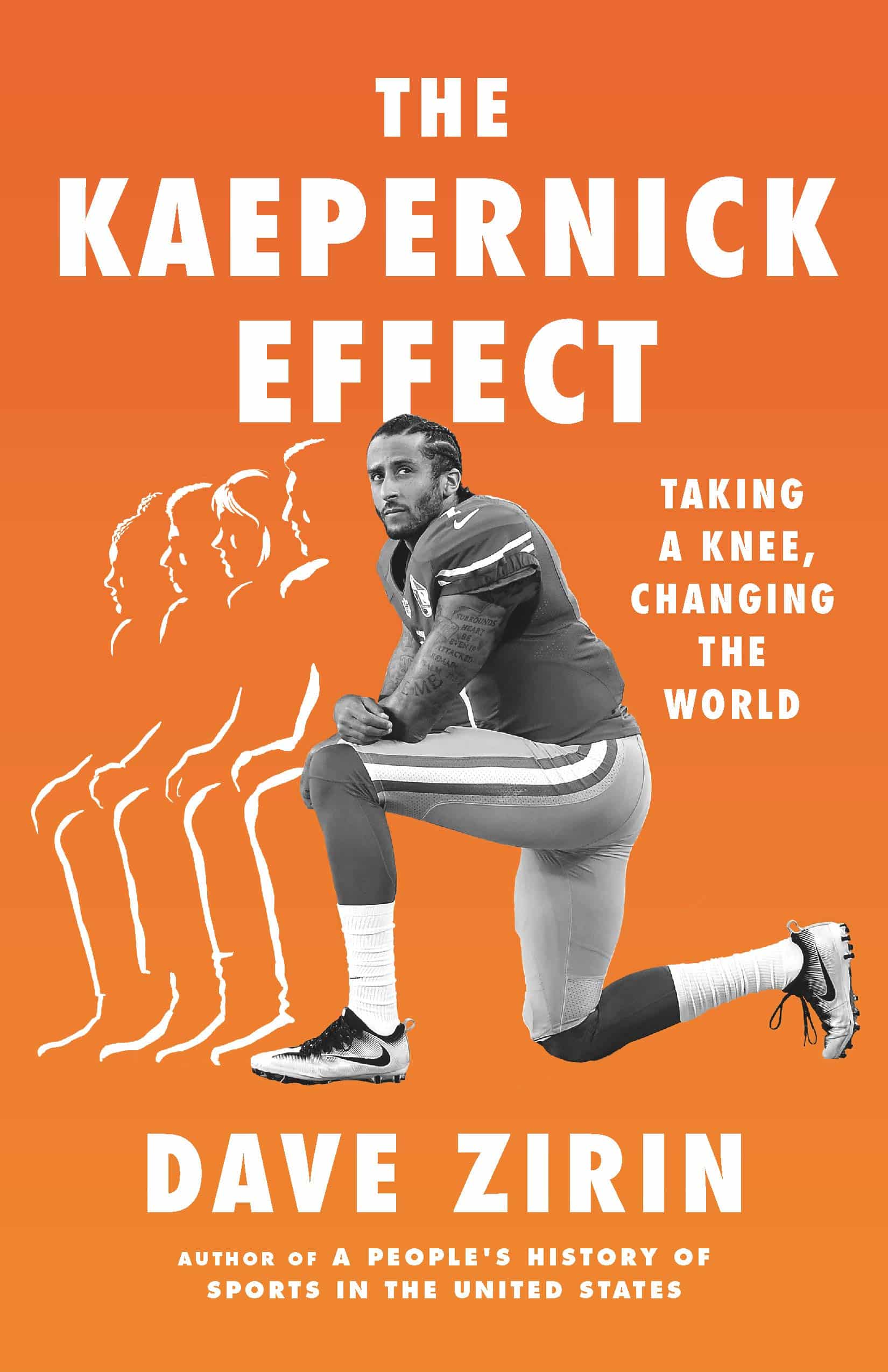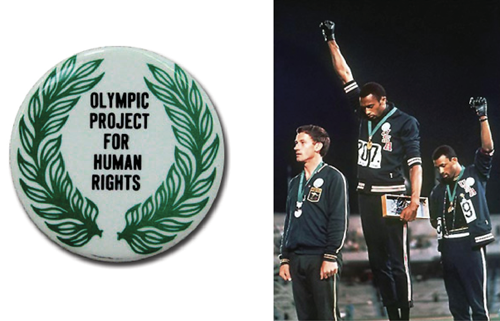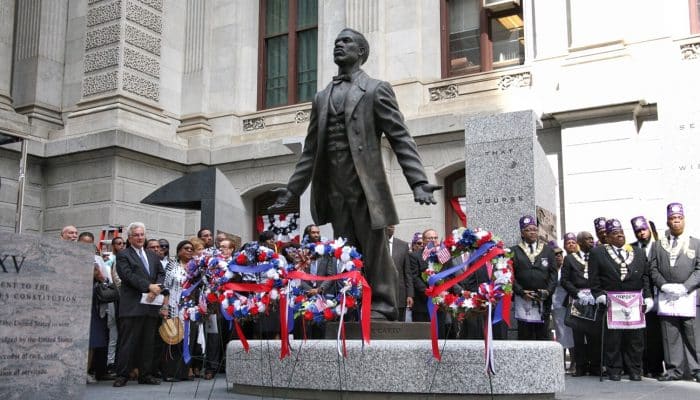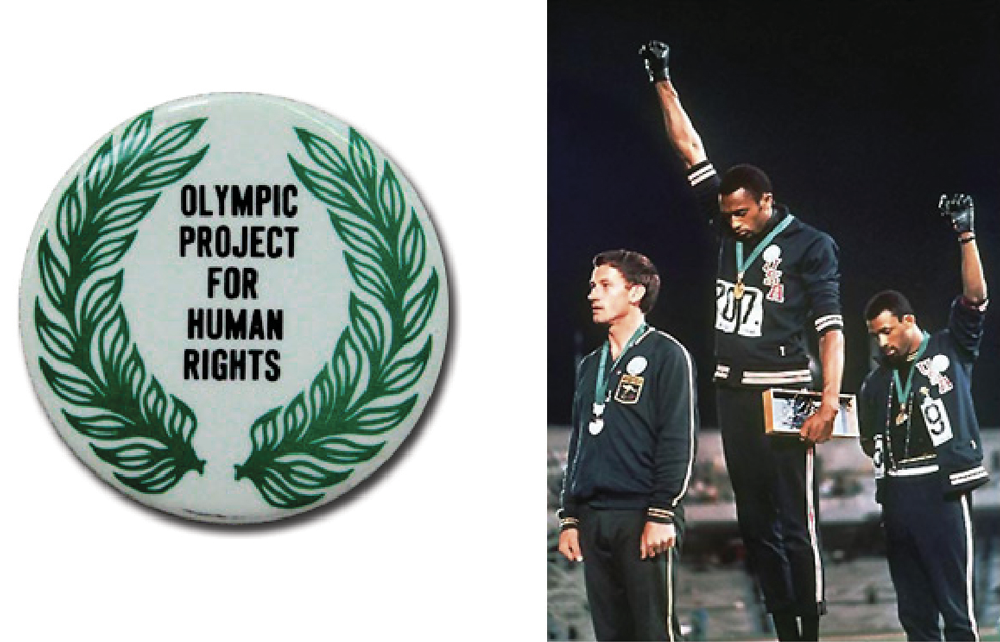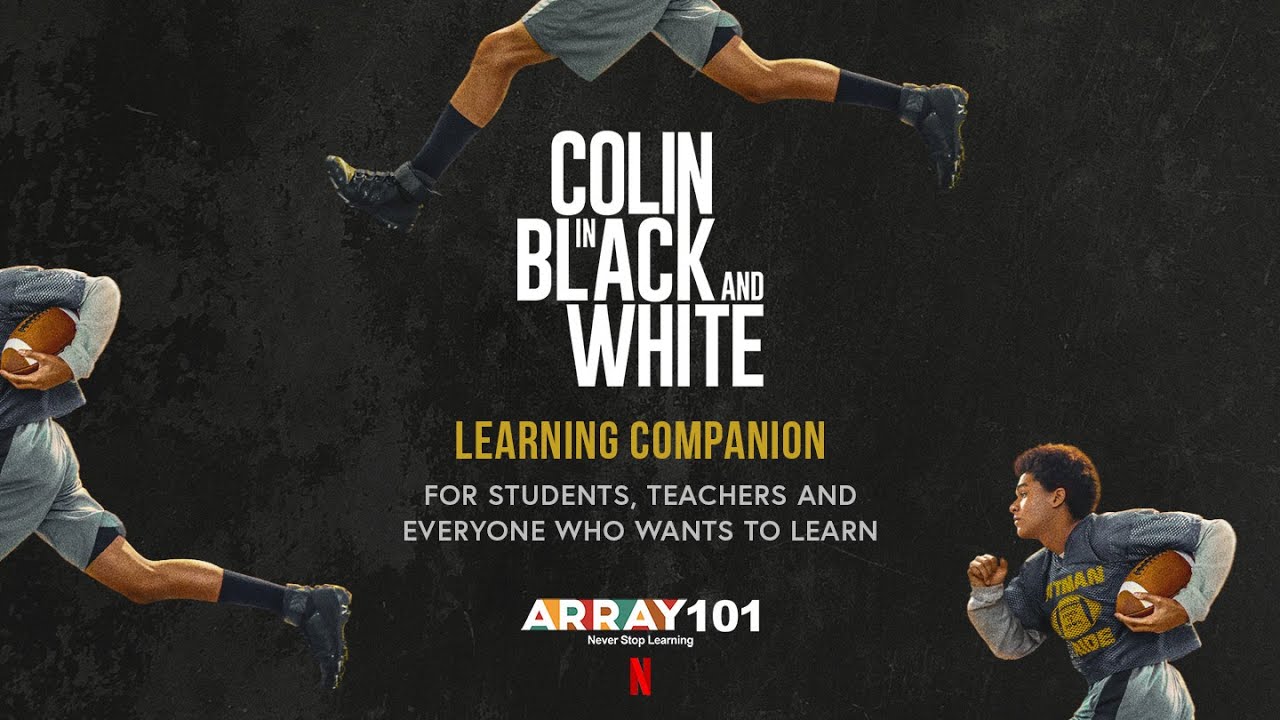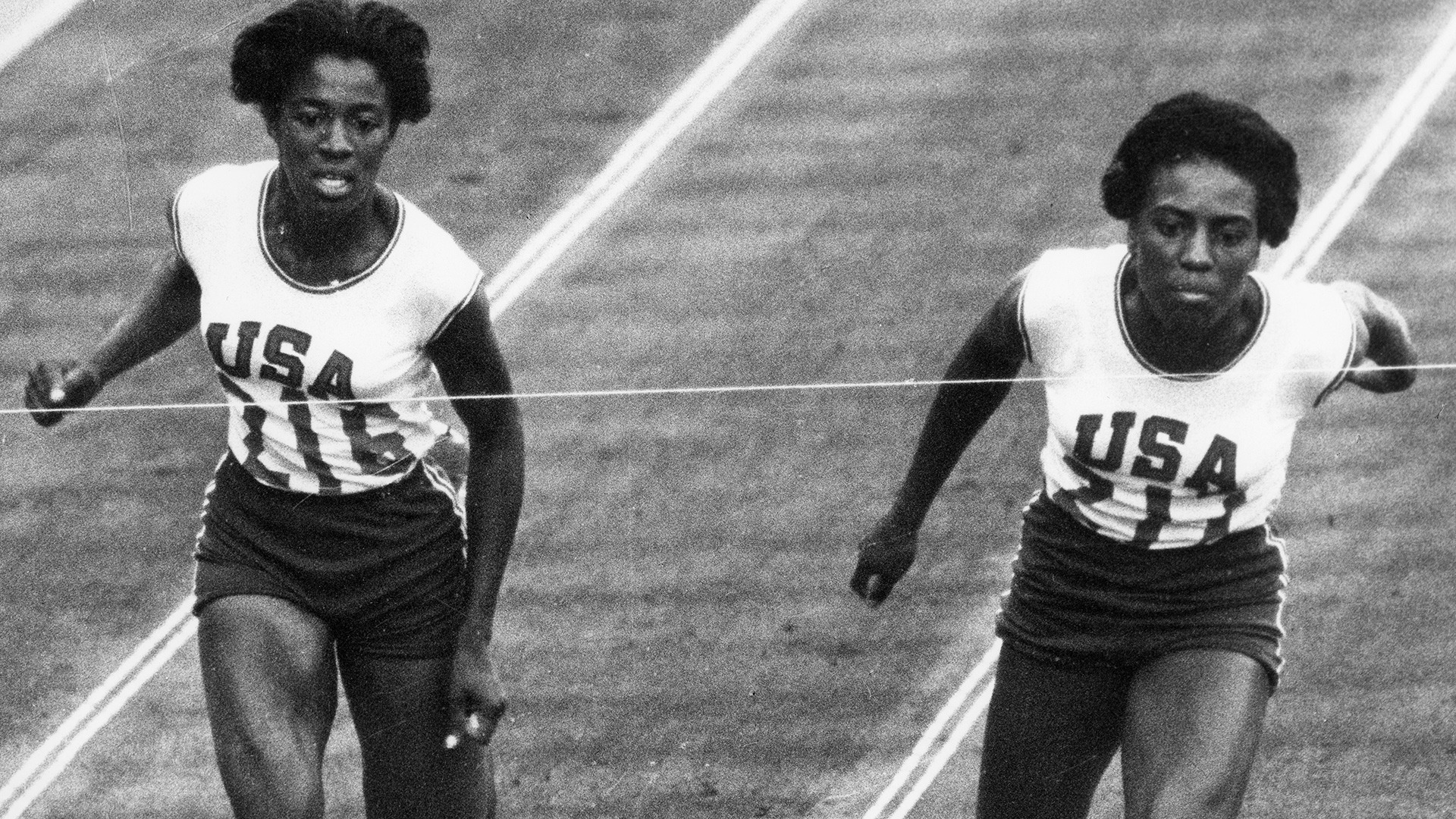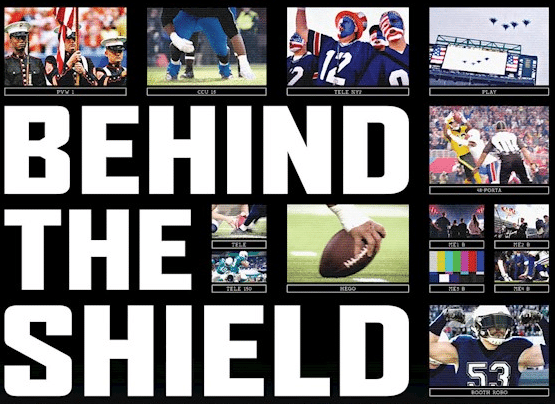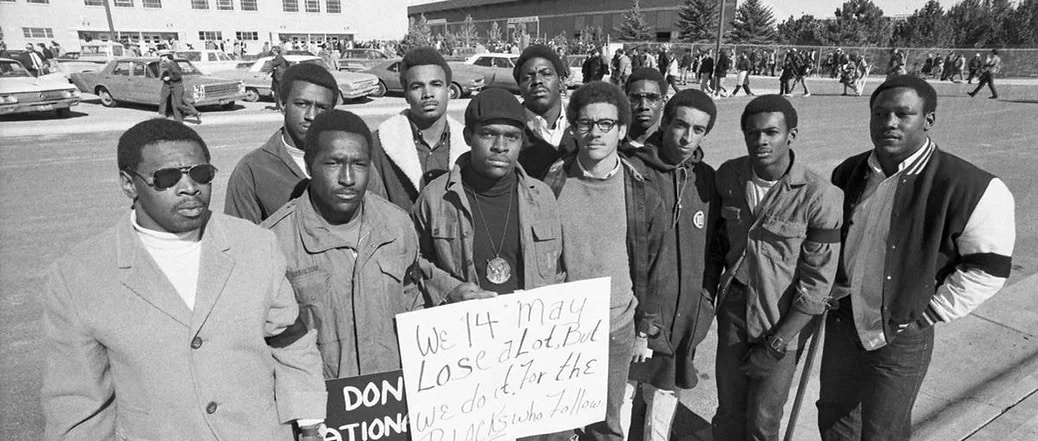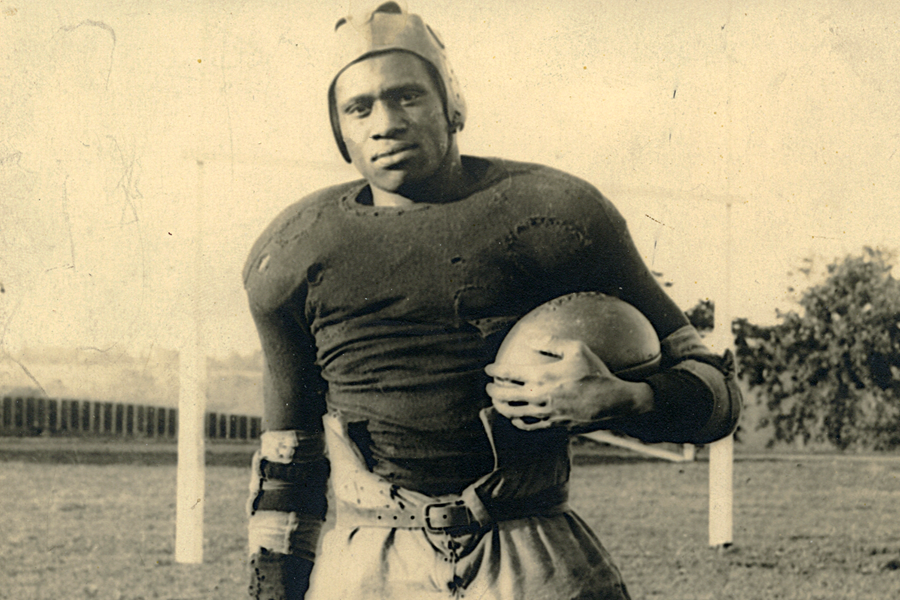Book — Non-fiction. By Dave Zirin. Foreword by Chuck D. 2007. 258 pages.
Essays on sports and politics.
Continue reading
Film. By Dave Zirin and Jeremy Earp. 2010. 62 minutes.
A documentary based on the bestselling book A People's History of Sports in the United States, Zirin demonstrates that American sports have long been at the center of some of the major political debates and struggles of our time. For 6th grade to adult.
Continue reading
Film. Directed by Leon Gast. 1996. 89 minutes.
Documentary about the famous heavyweight championship match between Muhammad Ali and George Foreman.
Continue reading
Book — Non-fiction. By John Carlos and Dave Zirin. Foreword by Cornel West. 2011. 220 pages.
Written for grades 7+, this biography of John Carlos recounts his childhood, his legendary act of courage at the '68 Olympics, and the backlash.
Continue reading
Film. By Jordan Mechner. 2004. 26 minutes.
A documentary about the politics and economics of land in the United States, based on the story of a Mexican American village razed in the 1950s to build Dodger Stadium.
Continue reading
Article. By Dave Zirin. 2013.
Dave Zirin describes how 42 limits the story to a tale of “individual triumph through singular greatness,” ignoring the social movements and broader context of the time.
Continue reading
Book — Non-fiction. By Dave Zirin. 2021.
A book about the politics of sport, and the impact of sports on politics, reveals that essential dimension of the new movement for racial justice in the United States.
Continue reading
Colin Kaepernick, quarterback for the San Francisco 49ers, draws attention to his quiet protest against police brutality during an NFL pre-season game.
Continue reading
Philadelphia, Pennsylvania Black educator, baseball player, and civil rights activist Octavius V. Catto was murdered by a white supremacist on election day.
Continue reading
Tommie Smith and John Carlos made a symbolic protest while the U.S. national anthem was played in the Olympics.
Continue reading
Teaching Guide. Presented by Ra Vision Media & Know Your Rights Camp. 2022. 85 pages.
In conjunction with the Netflix series of the same name, this teaching guide provides students with resources and activities to understand and address systemic and institutional racism.
Continue reading
At the XIX Olympic Games in Mexico City in 1968, Wyomia Tyus became the first person to win gold medals in the 100-meter sprint in two consecutive Olympics. She was also participating in Olympic Project for Human Rights (OPHR) protest.
Continue reading
St. Louis Cardinals NFL linebacker Dave Meggyesy disobeyed league rules and refused to salute the flag during the pre-game playing of “The Star-Spangled Banner,” nearly fifty years before San Francisco 49ers quarterback Colin Kaepernick took a knee to protest police violence.
Continue reading
Film. By Dave Zirin and the Media Education Foundation. 2022. 94 minutes.
This documentary film explores the hidden politics of militarism, nationalism, gender, and race in the NFL.
Continue reading
In 1893, the first ever women’s college basketball game was played at Smith College, a historically women’s college in Northampton, Massachusetts.
Continue reading
In 1971, Denmark beat Mexico in the second unofficial Women’s World Cup in front of a sold-out crowd of 112,500 fans at Mexico’s Aztec Stadium. As of 2024, it is still the most attended women’s sporting event on record.
Continue reading
Jim Thorpe was the first Native American to win Olympic gold for team U.S.A.
Continue reading
The undefeated Carlisle Indian School football team faced off against the Army football team at the West Point Academy campus in front of a crowd of 3,000 people. The Carlisle team defeated Army 27–6 in this game.
Continue reading
Fourteen Black football players at the University of Wyoming were fired when their coach learned they wanted to wear black armbands during a game against Brigham Young University.
Continue reading
As a sophomore, Paul Robeson was excluded from the Rutgers Football team because another team refused to play against a Black player.
Continue reading



